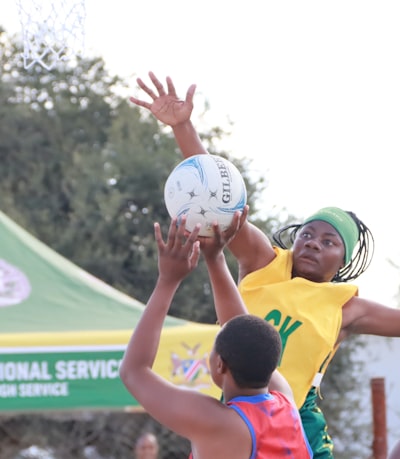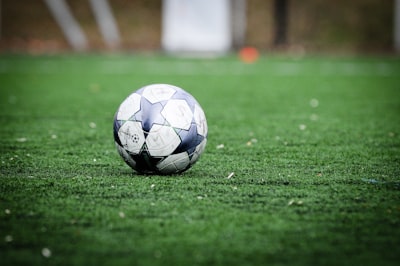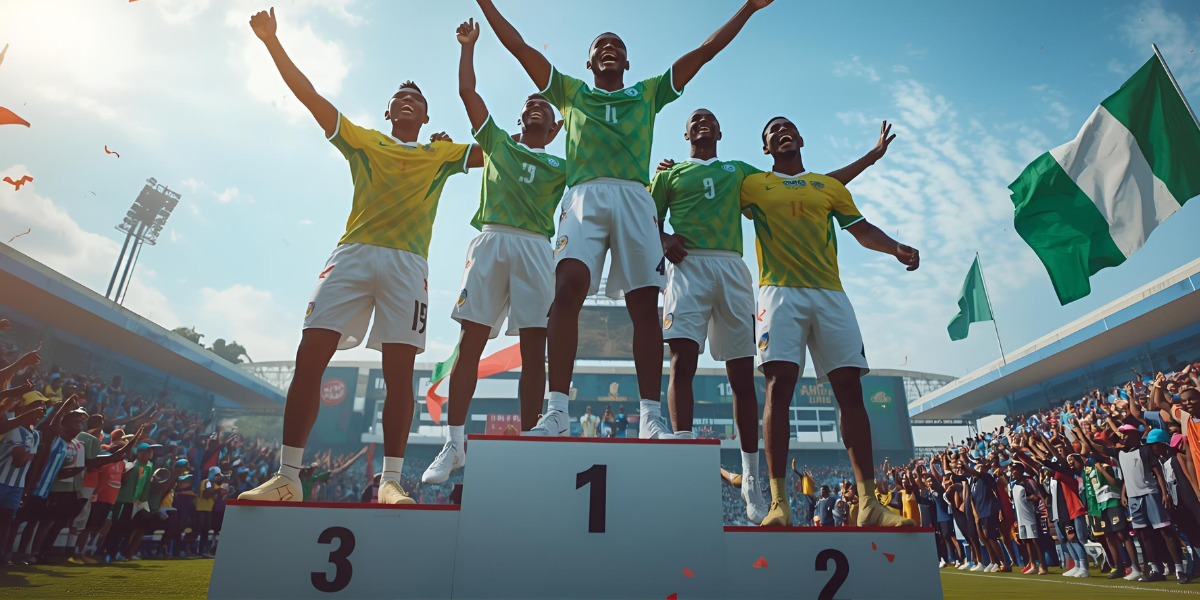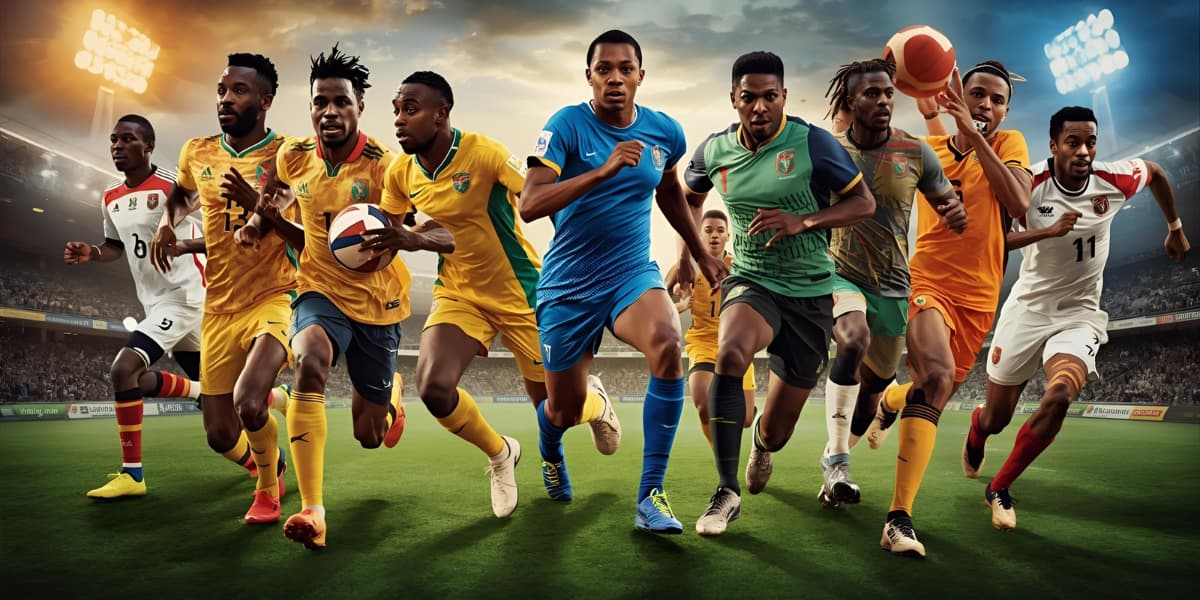Nigerian sportswomen are shining on the continental and global stages, even as they contend with chronic mismanagement, pay inequities, and institutional suppression at home. Despite record-breaking victories in football and basketball, many athletes endure systemic neglect and threats when they speak out.
Continental Dominance, Institutional Dysfunction
This year, Nigeria’s Super Falcons claimed their 10th Women’s Africa Cup of Nations title in a dramatic 3‑2 comeback victory over host nation Morocco, underlining their long-held dominance in African women’s football. Meanwhile, the Nigerian women’s basketball team secured their fifth consecutive AfroBasket championship and earned a historic first win at the Paris 2024 Olympics, reaching the quarterfinals—a first for any African female basketball team
Behind the Glory: Delayed Payments and Poor Preparation
Behind these triumphs lies a troubling pattern: players are frequently denied timely bonuses and adequate resources. The Super Falcons have protested unpaid match allowances on multiple occasions, including training boycotts in 2022 and sit-ins dating back to 2016 and earlier : Nigerian basketball stars similarly abstained from celebratory events in 2021 over bonuses owed by the federation
Team preparations often lack basic necessities: competitive friendlies are scarce, training kits arrive late or not at all, and schedules are improvised at the eleventh hour. The Super Falcons’ travel and logistics for key matches frequently suffer as a result.
Speakers Face Retaliation
Players who publicly criticize the Nigerian Football Federation (NFF) or call for reform face repercussions. Desire Oparanozie, former captain of the Super Falcons, was sidelined after leading protests over unpaid bonuses at the 2019 Women’s World Cup and was excluded from the 2022 squad . According to player union leaders, dissent risks being struck from team selection entirely
Why It Persists
Structural bias underlies much of this neglect. The NFF and sports authorities often argue men’s teams generate more revenue—but women’s teams bring prestige and titles at a much higher rate . Analysts note that long-standing under-investment and administrative indifference have perpetuated a system where female athletes must outperform despite minimal support.
Nigeria’s early adoption of women’s football—establishing a formal women’s league in 1978—gave female teams a head‑start on the continent . Yet decades later, absence of consistent funding, infrastructure and policy support undermines their global potential.
Athletes Suffer the Olympic Fallout
Nigerian track and field competitors have also been casualties of administrative flaws. At the Paris 2024 Olympics, sprinter Favour Ofili was left off the registration for the 100m despite qualifying, allegedly due to bureaucratic failure—one of several registration oversights that prevented Nigerian athletes from competing . In another case, a Nigerian cyclist had to borrow equipment from another country due to last‑minute errors in delegation planning .
Overall, Nigeria returned from Paris without a single medal—a catastrophic performance for a nation with abundant talent—which athletes and experts attribute to mismanagement by sports officials and lack of institutional support
Sportswomen Still Shine Abroad
Despite these adversities, Nigerian women continue excelling internationally. Many footballers and athletes play professionally in Europe or the U.S., gaining experience and visibility that elevate the national teams . Their success fuels fan engagement and inspires the next generation. Young athletes such as a rising 16‑year‑old footballer in Abuja describe the Super Falcons as their role models—showing girls that “what a man can do, a woman can do even better”
Key Recommendations for Reform
- Ensure equal funding: Guarantee women’s teams receive timely match bonuses, full support for training and travel, and long‑term investment rather than token rewards.
- Protect athlete advocacy: Remove penalties for players who speak out—no longer penalize leaders like Oparanozie for demanding accountability.
- Improve organizational transparency: Publish budgets, audit funding flows, and clarify where money allocated by international bodies (e.g. FIFA grants) is spent.
- Invest in infrastructure: Develop facilities, domestic leagues, and youth development systems that support women’s sports at scale.
- Leverage athlete experience: Engage diaspora professionals to mentor and coach domestic teams, bridging the gap between global excellence and local systems.
Why This Matters for Nigeria’s Sports Future
Nigerian sportswomen’s international achievements highlight a startling paradox: excellence in spite of domestic failure. Their victories bring honor to the nation but expose deep-rooted failures in governance and equity. If Nigeria is to fulfill its full sporting potential, institutional reform is non-negotiable.
Conclusion: From Triumph in Adversity to Institutional Reform
Nigerian sportswomen continue to dominate Africa and make inroads on the global stage—but the system that should support them remains deeply flawed. Lack of funding, administrative neglect, and punitive responses to dissent place undue burden on athletes, even as they deliver Nigeria’s most consistent sporting success.
These champions deserve more than gifts and public praise—they need structural change. Equal pay, transparent governance, and investment in women’s sports infrastructure would enable real, sustainable growth. Reform is the only path from episodic triumphs to systemic excellence.
For Nigeria to lead in women’s sports rather than limp behind, it must bridge the gap between talent and support, so that its champions are celebrated not despite the system, but because it backs them fully.
for more news visit our website africatrademonitor.com




